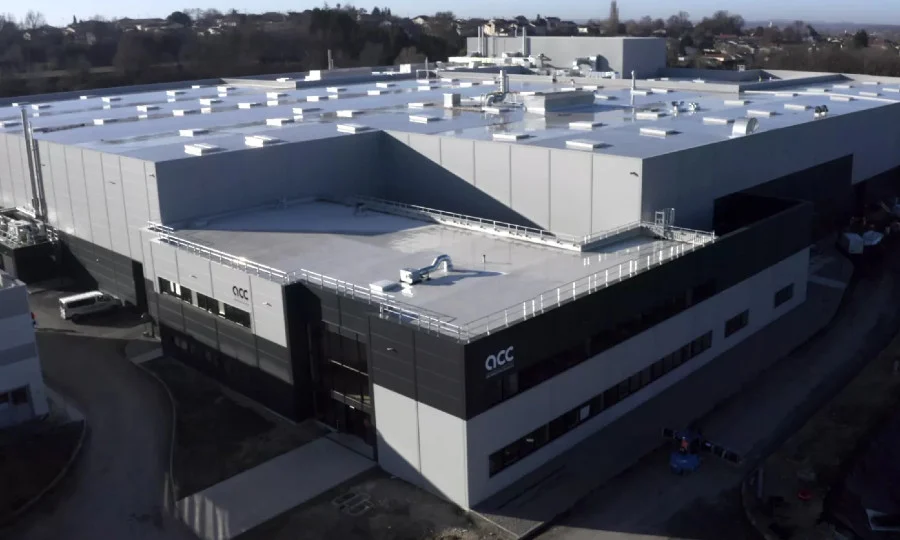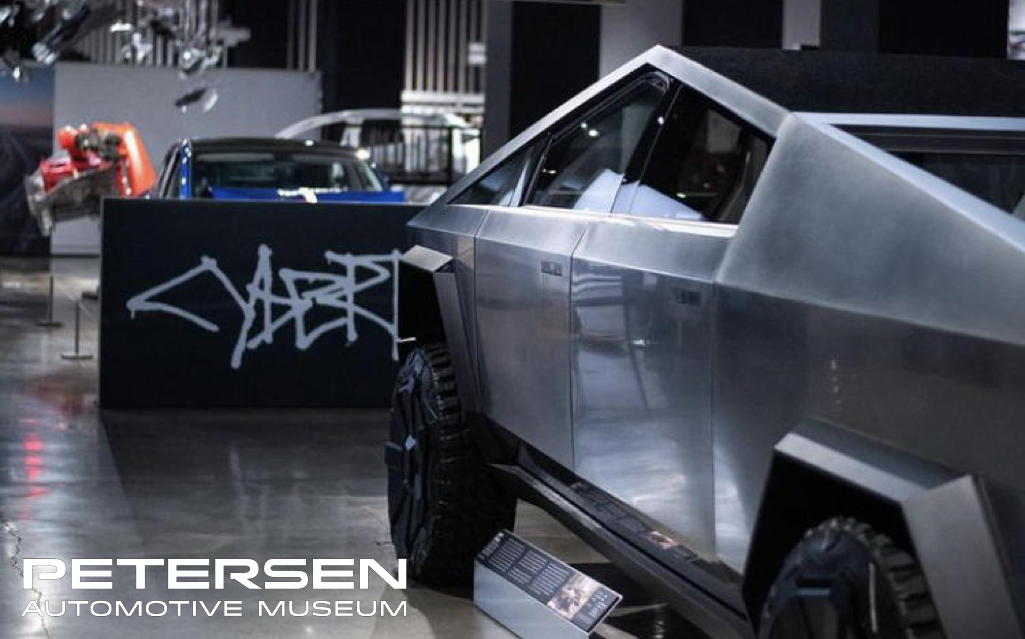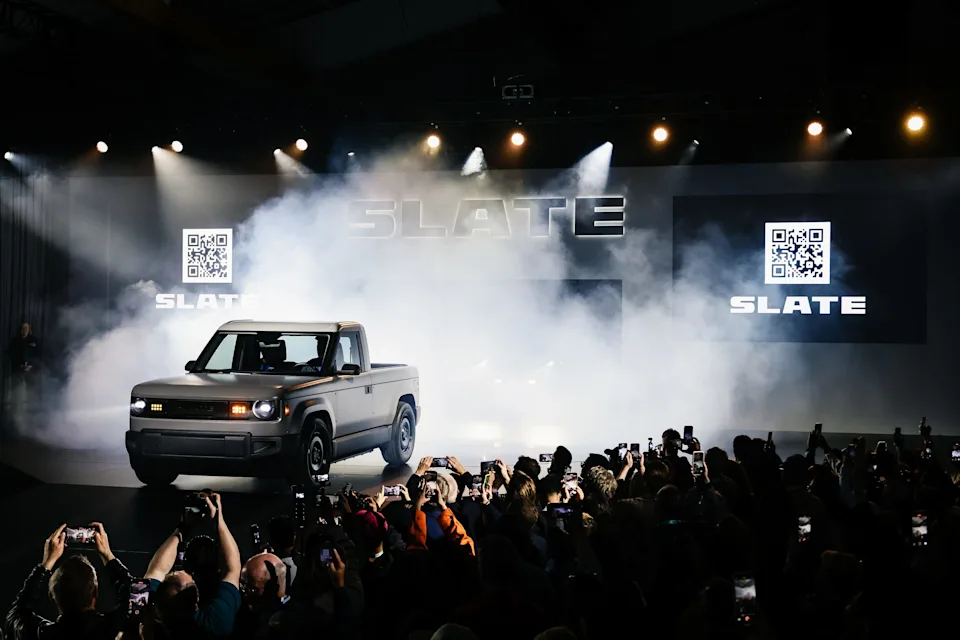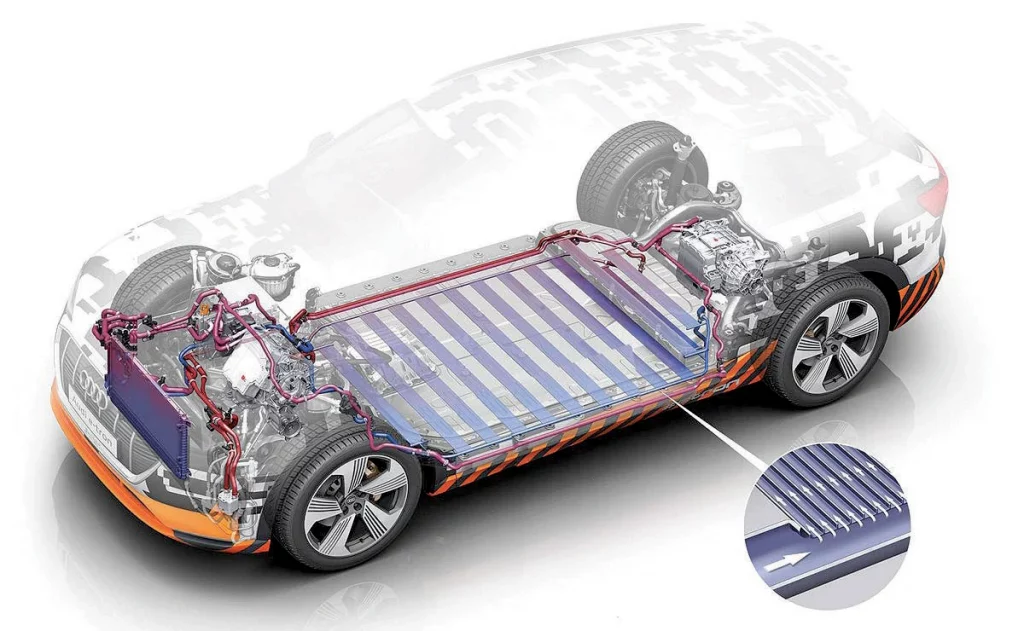Stellantis and Mercedes-Benz have raised almost €4.4 billion to build four new EV Gigafactories across the European Union over the next few years. This is because they want to give European automakers a real chance to compete with Chinese automakers in the EV market.
This week, the companies and Total Energies made a news release saying that they had completed one of the biggest debt-raising deals ever seen in the European auto sector. They want to raise about €7 billion to build plants for ACC, the battery company they own together. ACC already has a Gigafactory in Billy-Berclau, northern France, that opened last year and makes lithium-ion batteries.


According to Reuters, one factory will be erected in Kaiserslautern, Germany, and two in Termoli, Italy. No site has been announced for the French one. The factories will likely create 6,000 employees.
BNP Paribas, ING, Deutsche Bank, and Intesa Sanpaolo are some of the banks that helped pay for the deal. The French and German states also put in about €1.3 billion. Italy hasn’t put any money into the fund yet.
European giants Stellantis and Mercedes-Benz team up to counter China’s EV dominance
Germany’s Stellantis and Mercedes-Benz are two of the biggest automakers in the EU. To stop China from becoming the leader in electric vehicles (EVs) and controlling the whole battery supply chain, Europe’s automakers are taking some big steps.
Statistica says that China made 5.47 million BEVs in 2022, which is more than half of all EVs sold in the world. In the last quarter of 2023, BYD famously sold more BEVs than Tesla, with 526,000 sold versus 484,500 for Tesla.
Europe is only going to build 36 Gigafactories by the end of the decade, while China is going to build 160 more.
Last month, Swedish lithium-ion battery maker Northvolt raised an extra $5 billion. This made it one of the best-funded startups in Europe and made it possible to get the EU’s biggest green loan ever. The company is adding this money to the $13 billion it already has in debt and stock to grow its business worldwide. It wants to build batteries in Poland, Germany, and Sweden, among other places.




